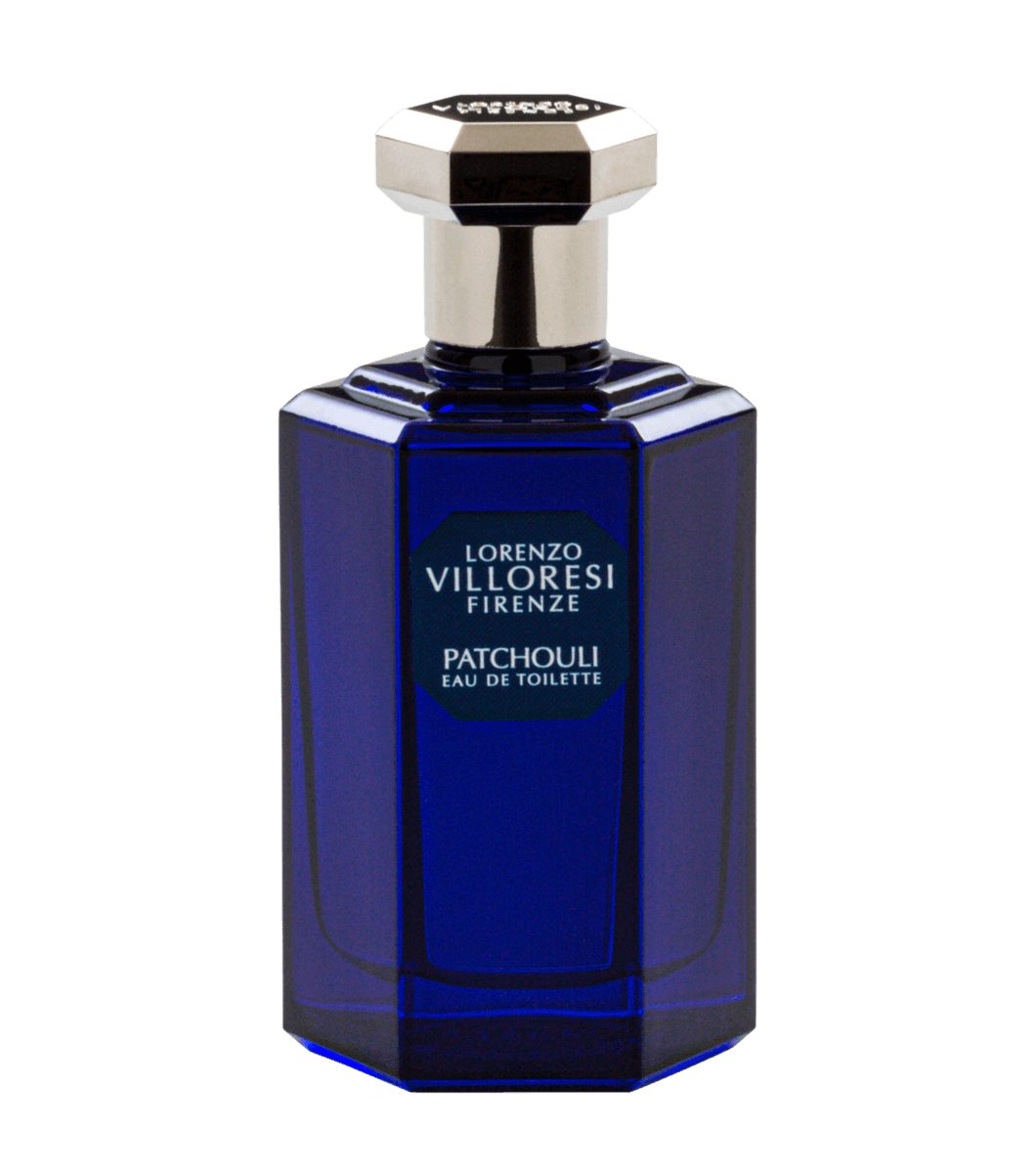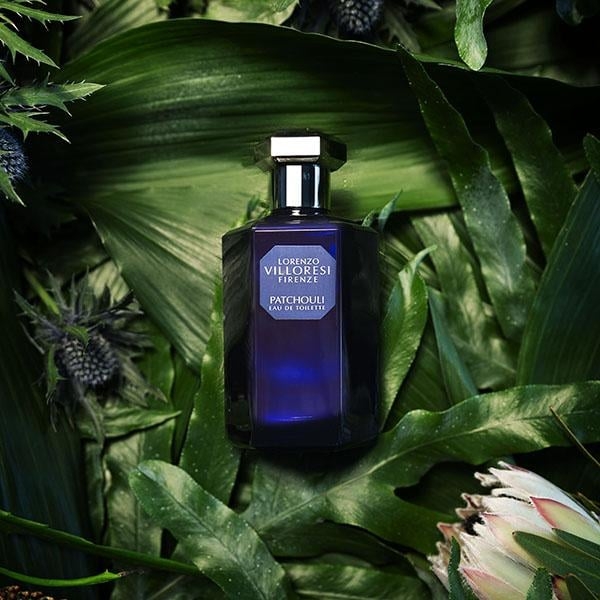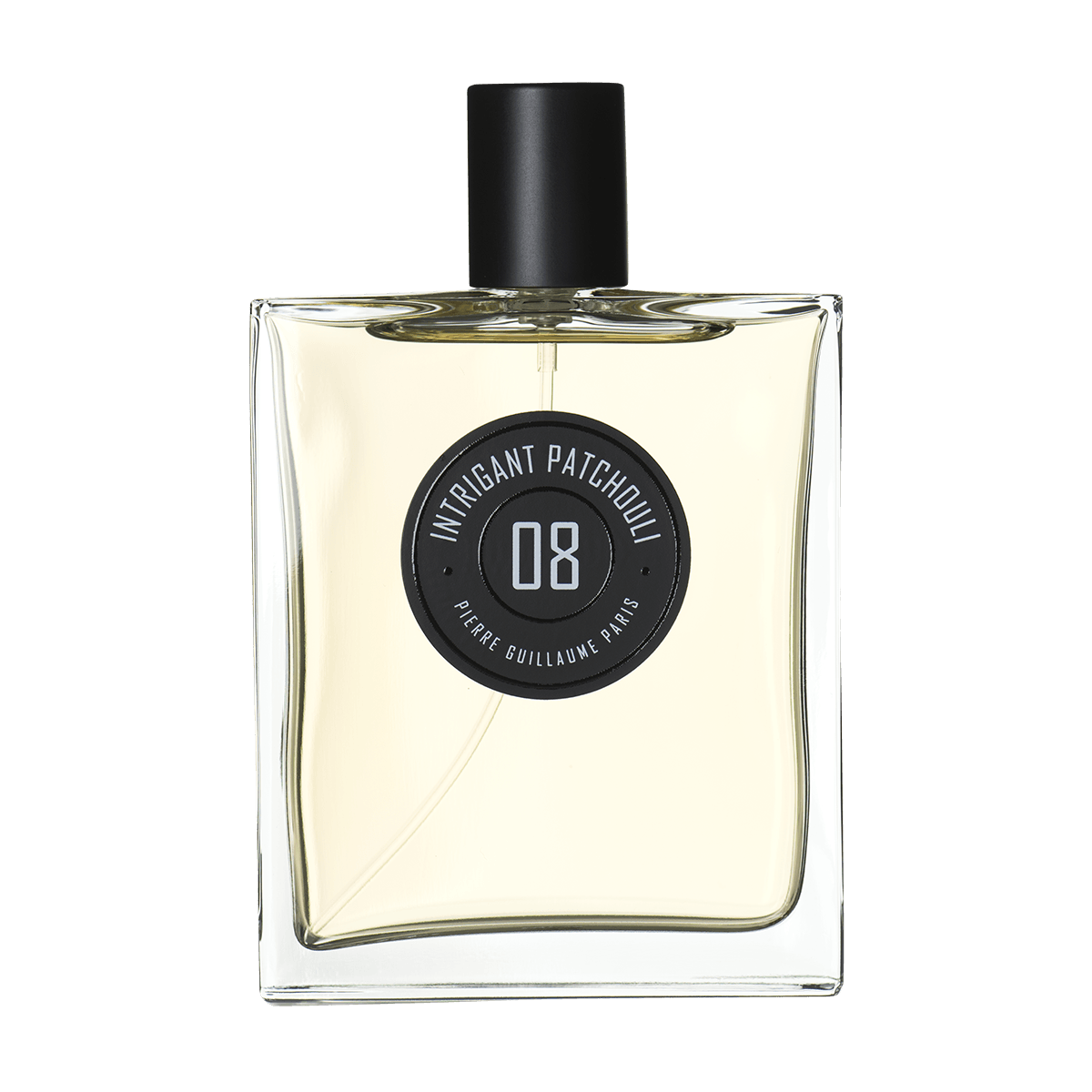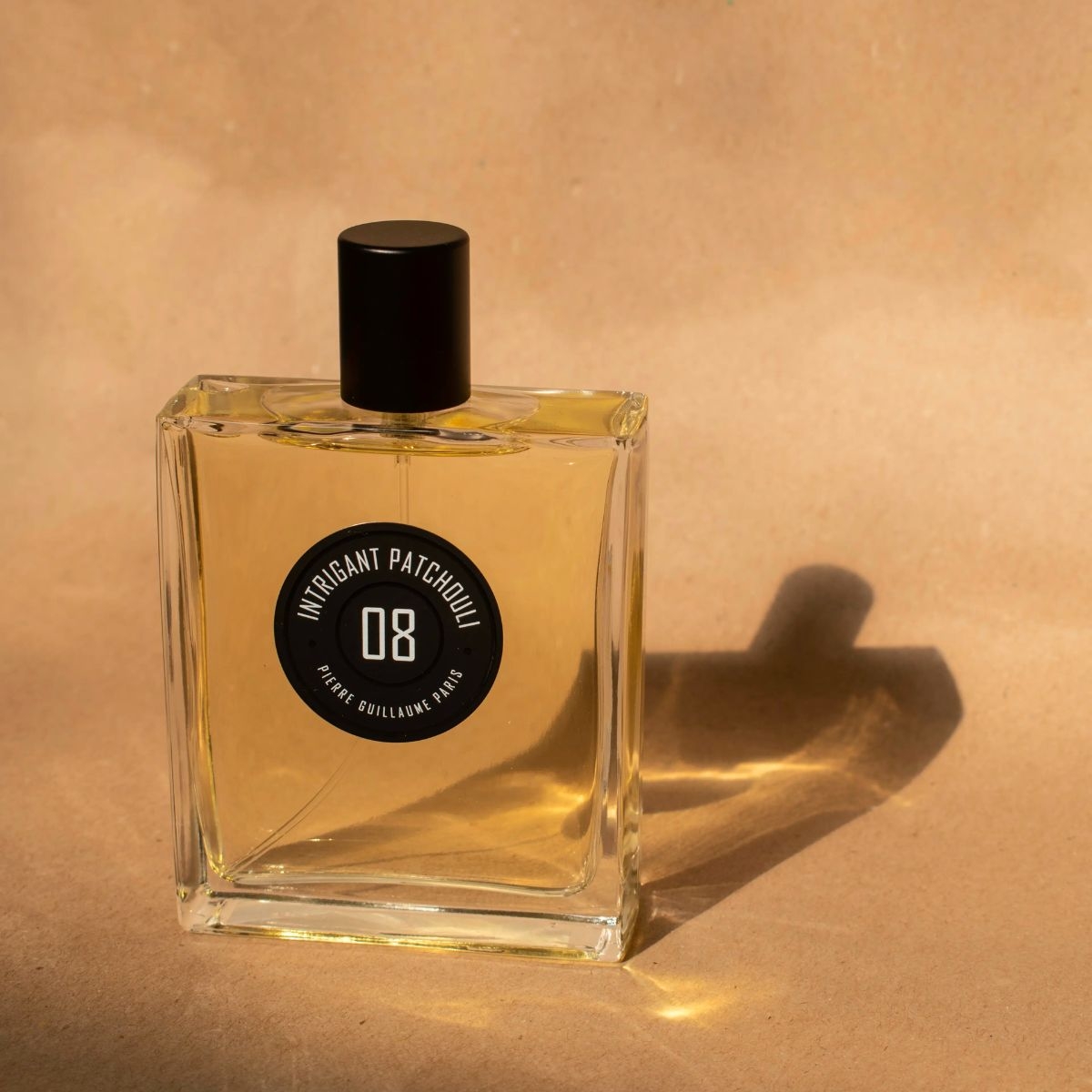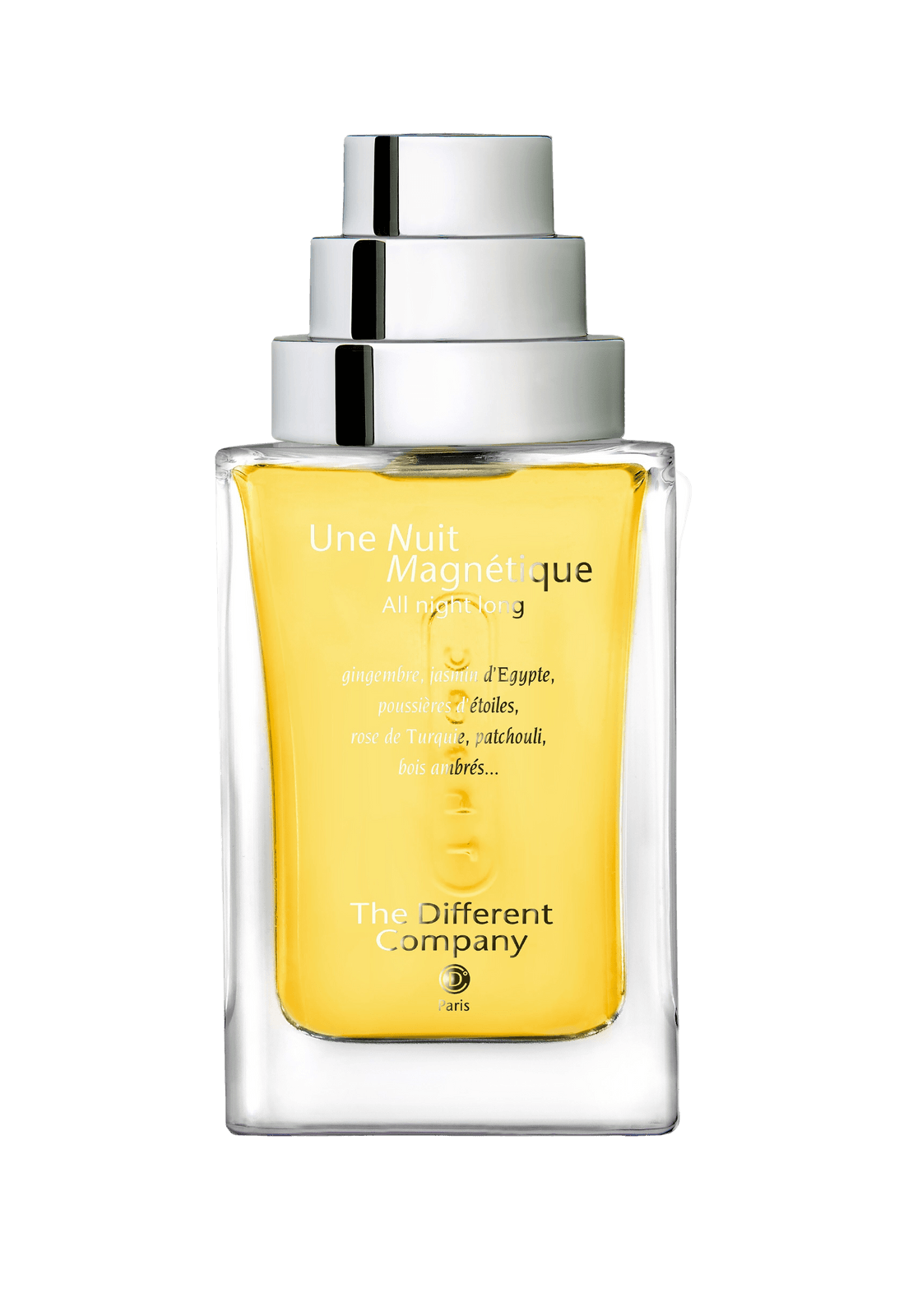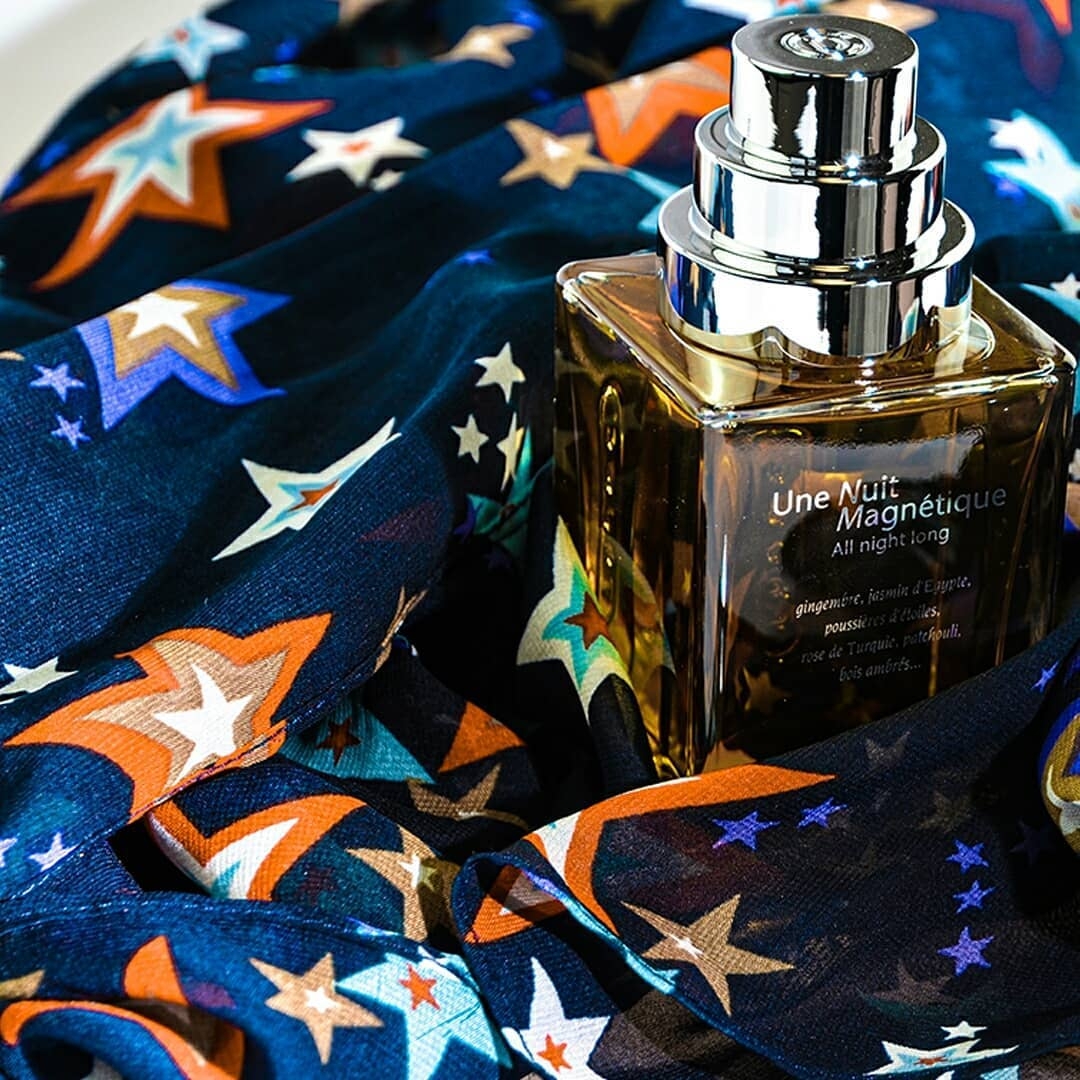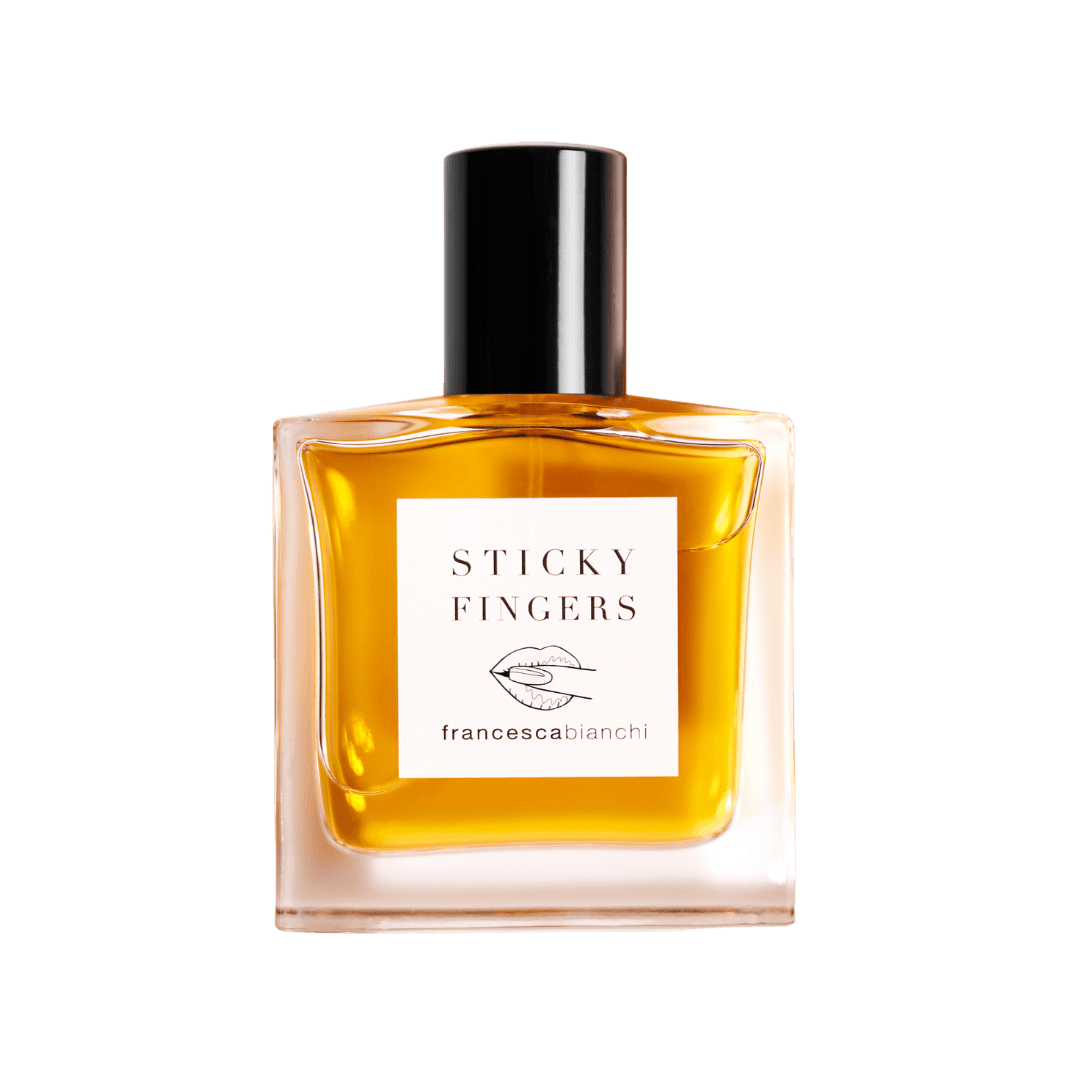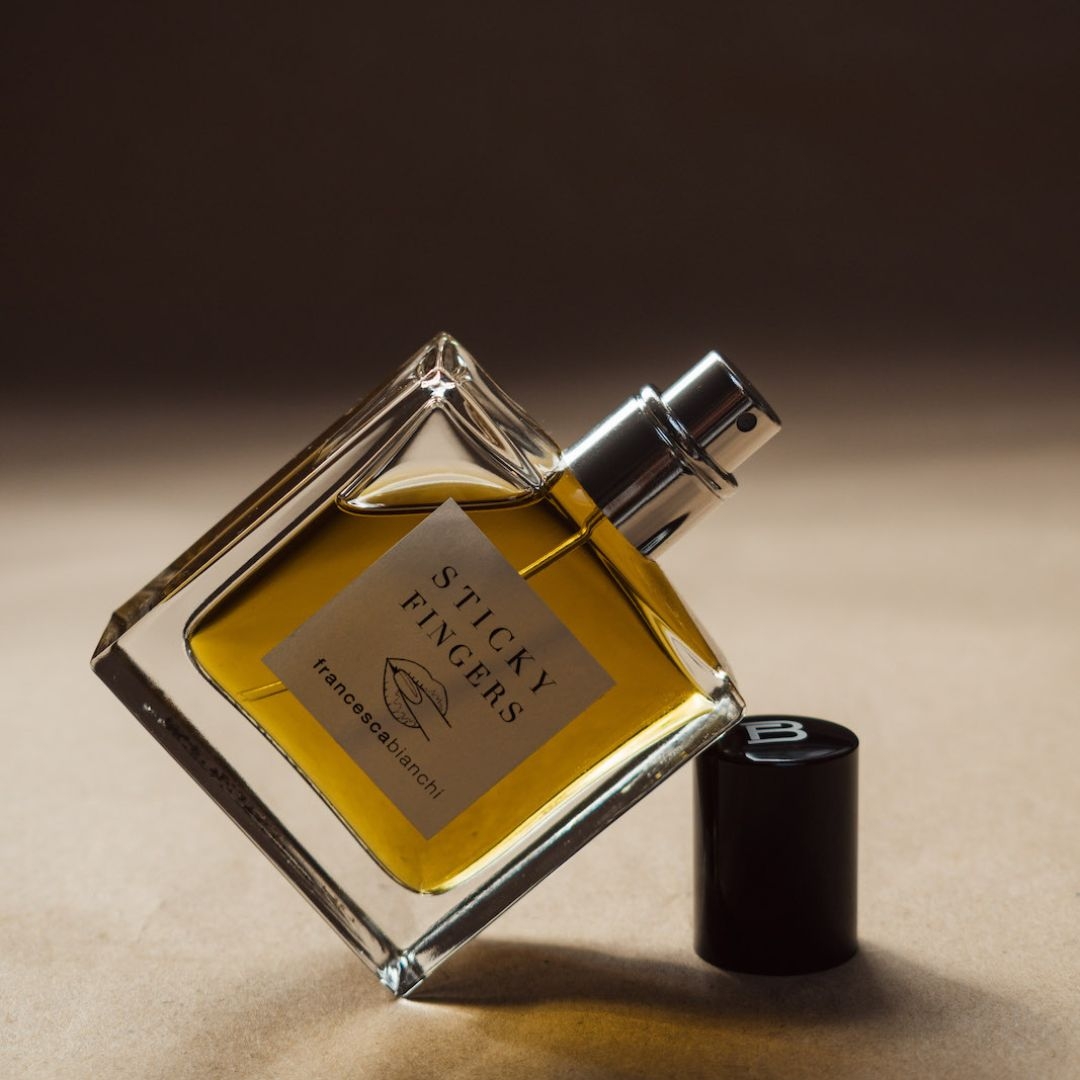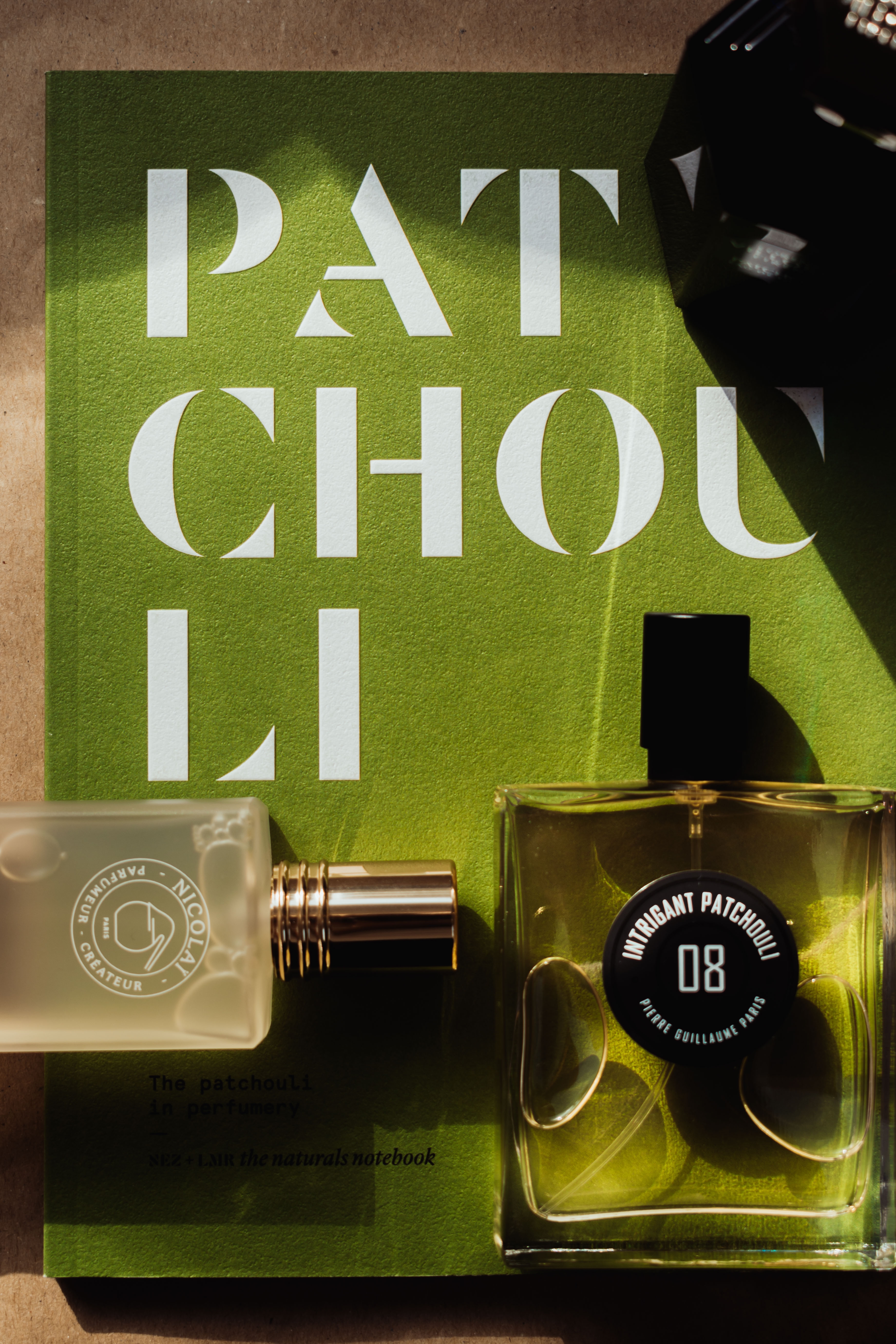
Patchouli in perfume
The perfume world wouldn't be the same without patchouli. This leafy herb is loved as base notes in perfumes, adding balance, depth and a feeling of luxury.
Patchouli on itself smells spicy, woody and camphorous, reminiscent of wet earth and green leaves. But it also has a dark, leathery character contrasted with a sweet nuance that brings sensuality to perfumes.
Discover patchouli fragrances
Patchouli as perfume ingredient
Patchouli is mostly used in chypre, woody and oriental perfumes.
Patchouli blends wonderfully well with other ingredients. For example, if you blend it with vanilla, the fragrance takes on a warm amber character. When combined with rose, the perfume becomes more classic and elegant.
The combination of patchouli, vanilla and (ethyl) maltol (a synthetic that smells like caramel) is at the base of commercial ‘gourmand’ successes such as Angel by Thierry Mugler and La Vie est Belle by Lancome.
About patchouli
The name patchouli comes from the Tamil language: ‘patch’, meaning green, and ‘ilai’, meaning leaf. The Latin name is Pogostemon Cablin.
Many people will remember patchouli from the 60s and 70s: the time of ‘flower power’, counterculture, and anti-establishment. Back then the oil was widely used by the hippie generation. Like all fragrances, they can stir up all sorts of associations and memories, and the smell of patchouli is no exception. Whereas some people take delight in this smell, it can bring back negative emotions to others due the intensive use and zeitgeist of the 1960s & 70s.
Patchouli originated from Indonesia. It was brought to the West around the 19th century by the English using the Silk Route. Now patchouli also grows in China and India. It is a shrub from the mint family that can reach 1 meter in height and thrives on volcanic soil.
The downy leaves are used to extract the oil. Patchouli oil is obtained by distilling the dried leaves with steam. New technology also allows the distillation of only certain fractions, for example the ingredient that largely determines the specific fragrance, patchoulol. This fraction of patchouli is used by perfumers to bring a modern sensuality to perfumes.
Like wine, patchouli oil becomes much deeper, fruitier and darker after maturation. Young oil is greener and less complex.
